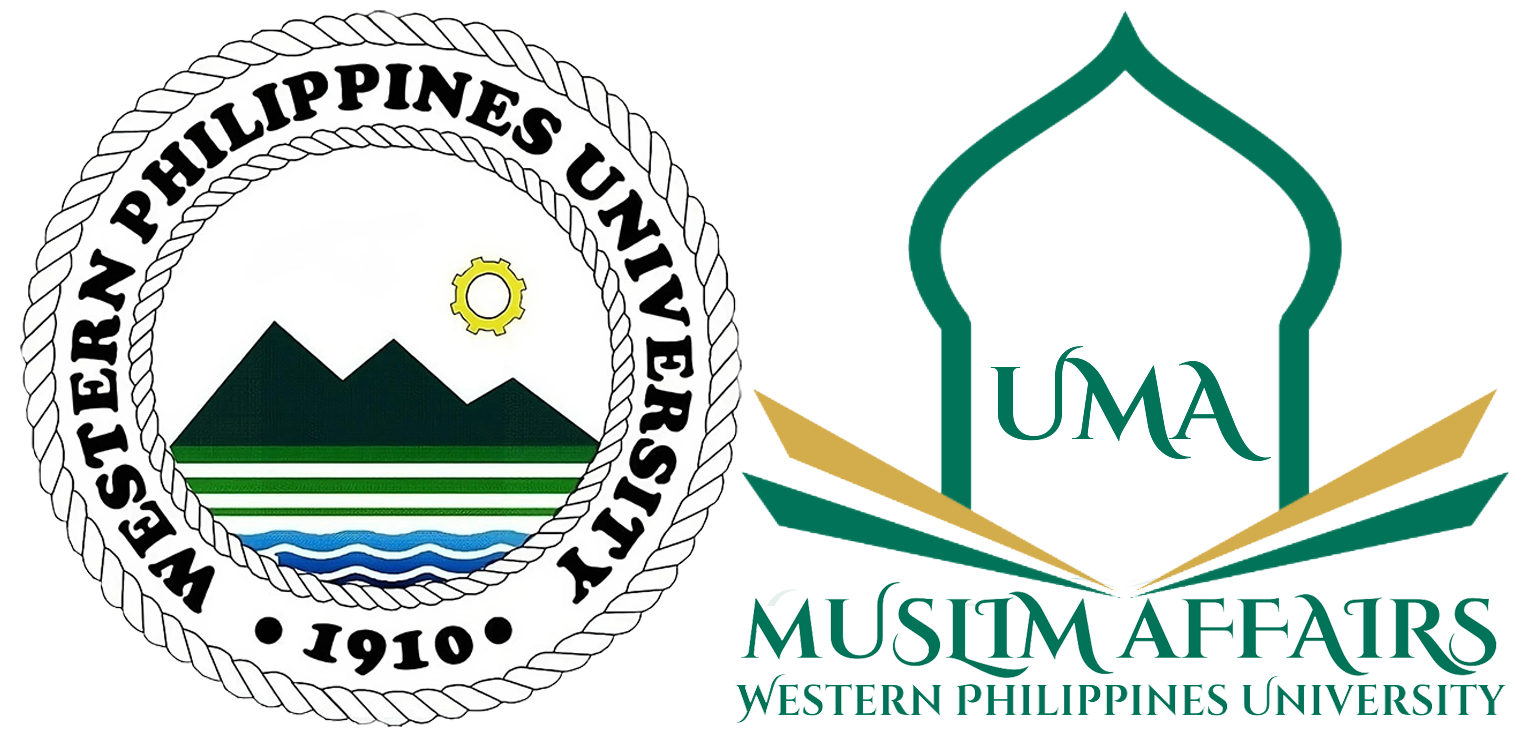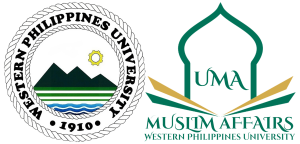
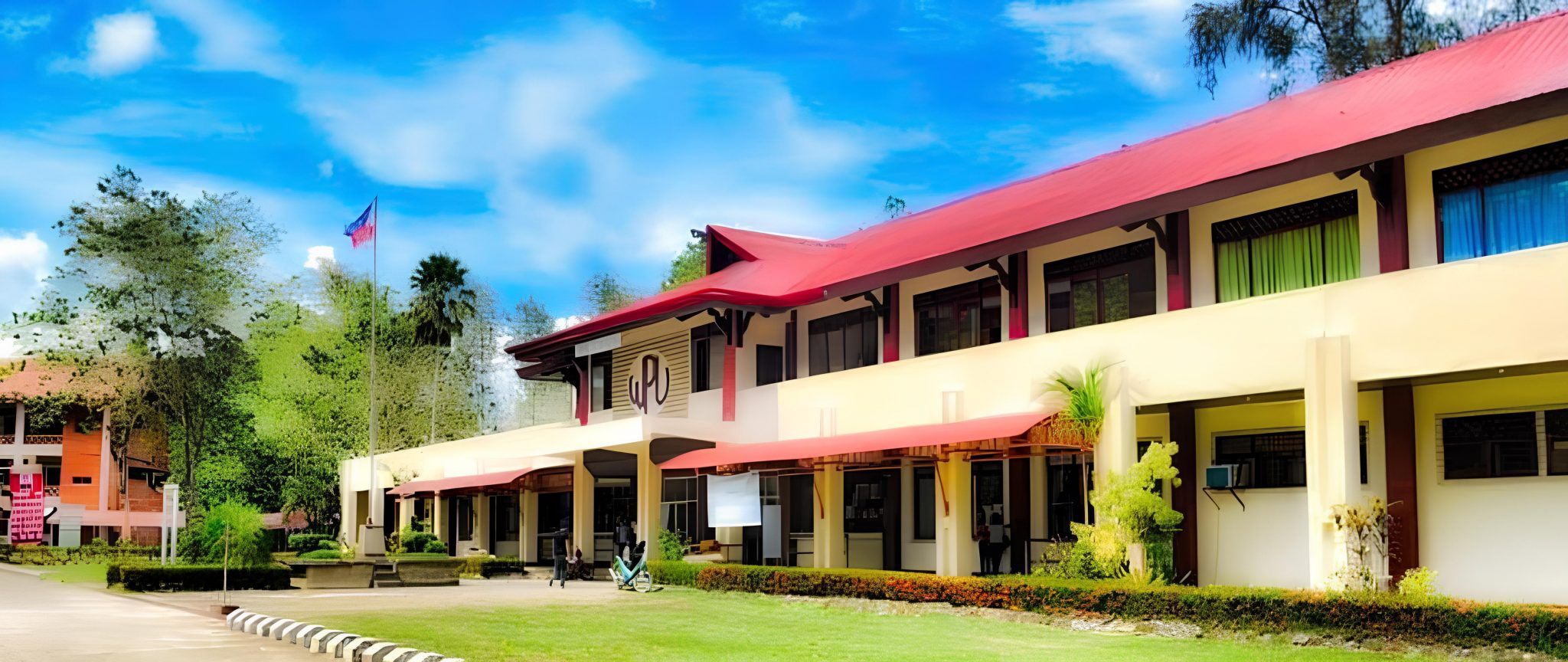
About Us
University Muslim Affairs
Welcome to the Western Philippines University Muslim Affairs, a dedicated initiative aimed at fostering a supportive and inclusive environment for the Muslim community within the university. We are committed to respecting and celebrating the rich cultural and religious diversity of our Muslim students, faculty, and staff, ensuring that their unique needs are recognized and met.
Our mission is to create a space where Muslim members of the university can thrive academically, socially, and spiritually. Through our services and initiatives, we provide essential support such as prayer spaces, halal food options, and observance of key Islamic practices and holidays, including Ramadan and Qurban.
In line with the university’s goals of promoting academic excellence, we work closely with the University Halal Research Center, integrating Islamic values and teachings into research and academic programs. Our focus extends beyond the classroom, as we actively engage in halal-related research, fostering partnerships with industries and government agencies to strengthen halal certification and standards in the region.
WPU Muslim Affairs also oversees the implementation of Islamic guidelines across all university services and facilities, ensuring adherence to halal standards in areas such as food service and student activities. Additionally, we engage with local Muslim communities and organizations, leveraging the resources of the Halal Research Center to drive socio-economic development through education, skills training, and halal-related enterprises.
At WPU Muslim Affairs, we are dedicated to nurturing a university culture that not only accommodates but also champions the values and contributions of the Muslim community.
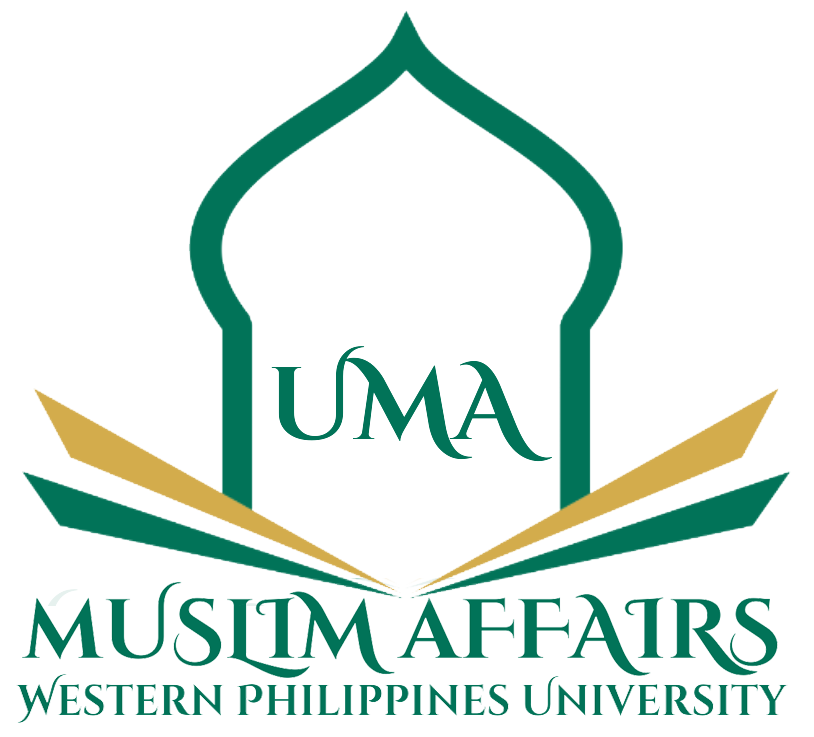
University Muslim Affairs
Objectives
- To foster an inclusive environment that respects and celebrates the cultural and religious diversity of Muslim students, faculty, and staff, ensuring that their unique needs are met;
- To provide support services that cater to Muslim students’ religious and cultural needs, including spaces for prayer, halal food options, and the observance of Islamic holidays and practices (e.g., Ramadan and Qurban);
- To advance the integration of Islamic values and teachings within the university’s academic programs and research, mainly through the University Halal Research Center, by promoting halal food standards, Islamic finance, and other relevant areas;
- To expand the role of the University Halal Research Center in conducting halal-related research while establishing partnerships with industries and government agencies to enhance halal certification and standards in the region;
- Oversee the implementation of Islamic guidelines across the university’s services and facilities, ensuring adherence to halal standards, including food service, student activities, and community engagement initiatives, and
- To collaborate with local Muslim communities and organizations, leveraging the resources of the University Halal Research Center to promote socio-economic development through education, skills training, and halal-related enterprises.
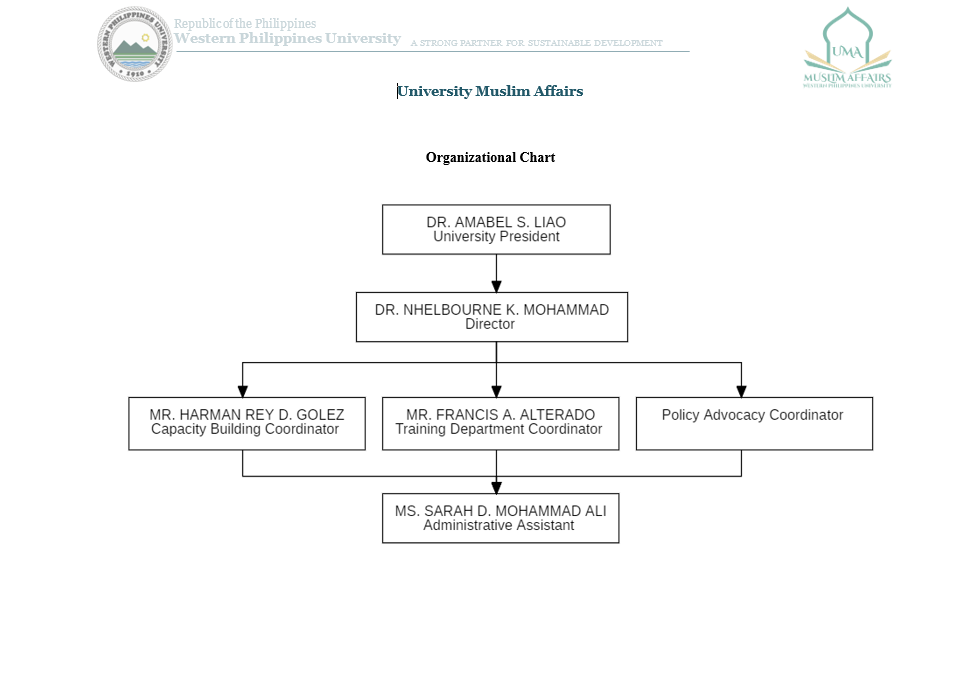
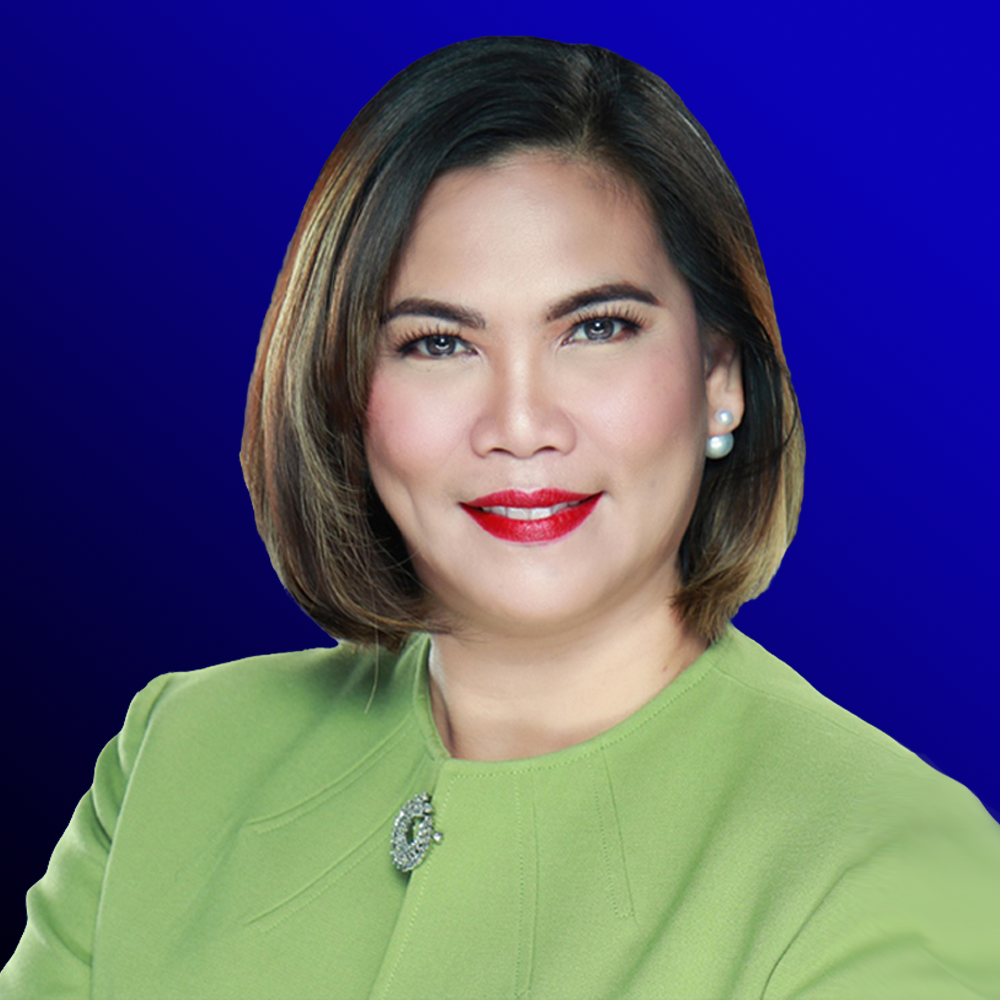
Dr. Amabel S. Liao
President
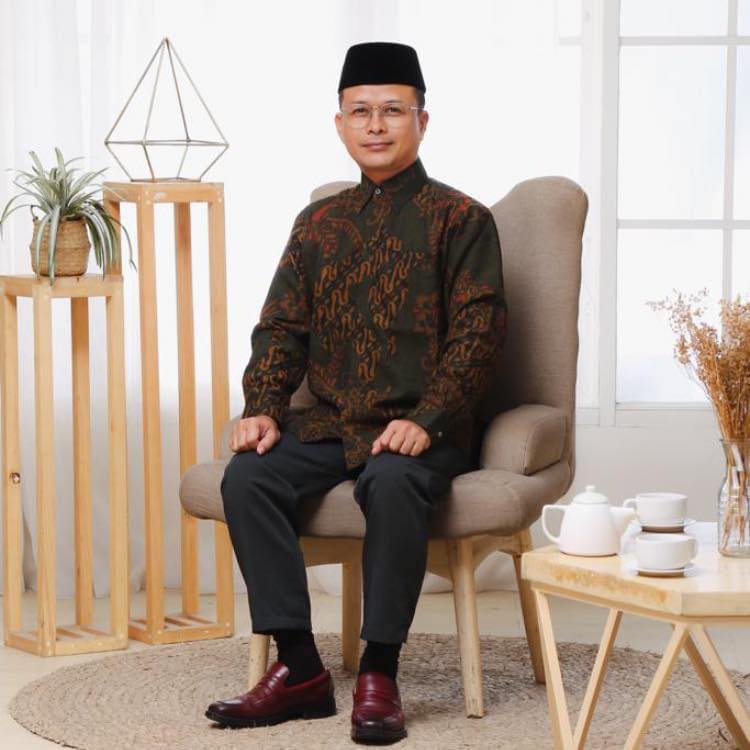
Dr. Nhelbourne K. Mohammad
Director
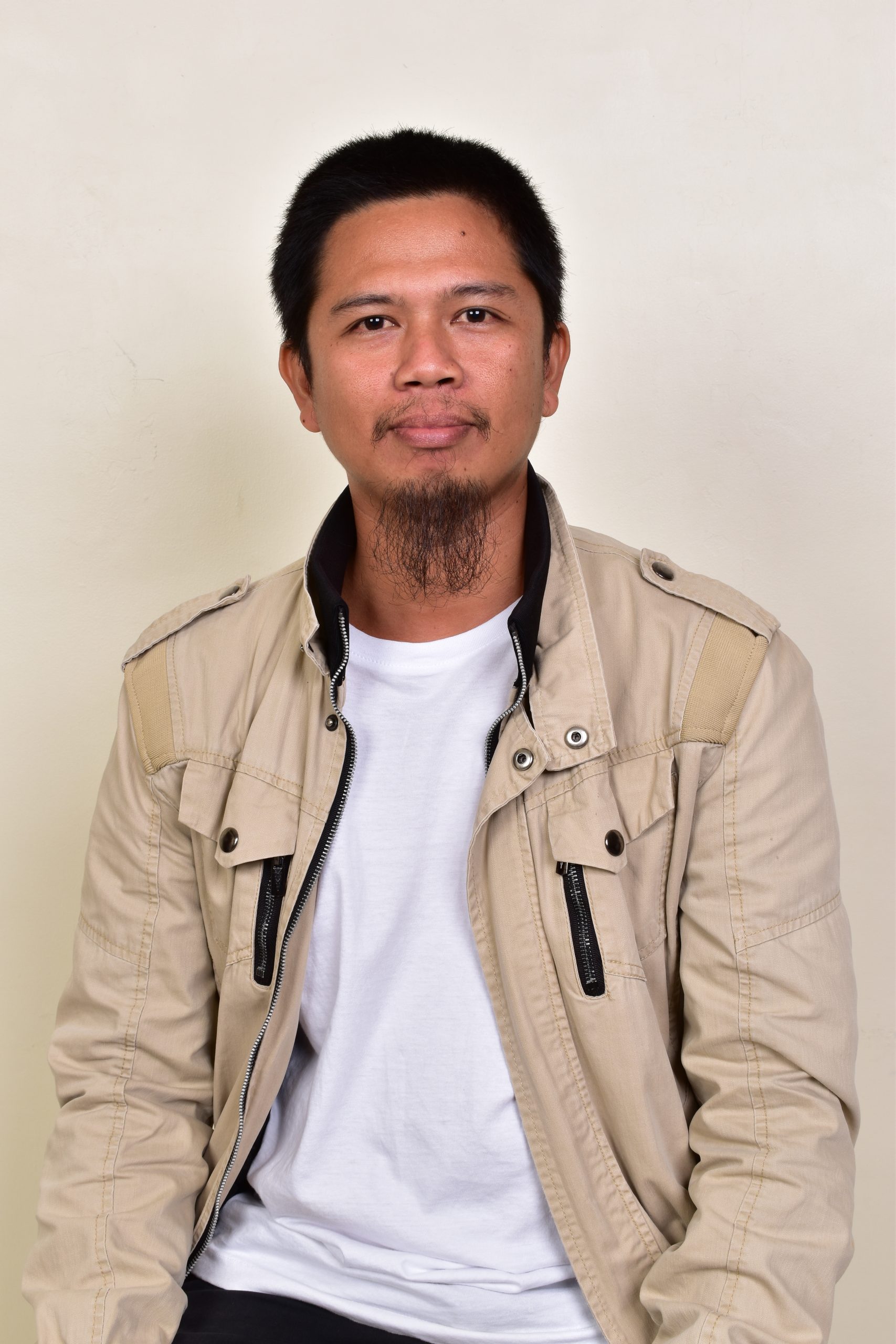
Harmann Rey D. Golez
Capacity Building Coordinator
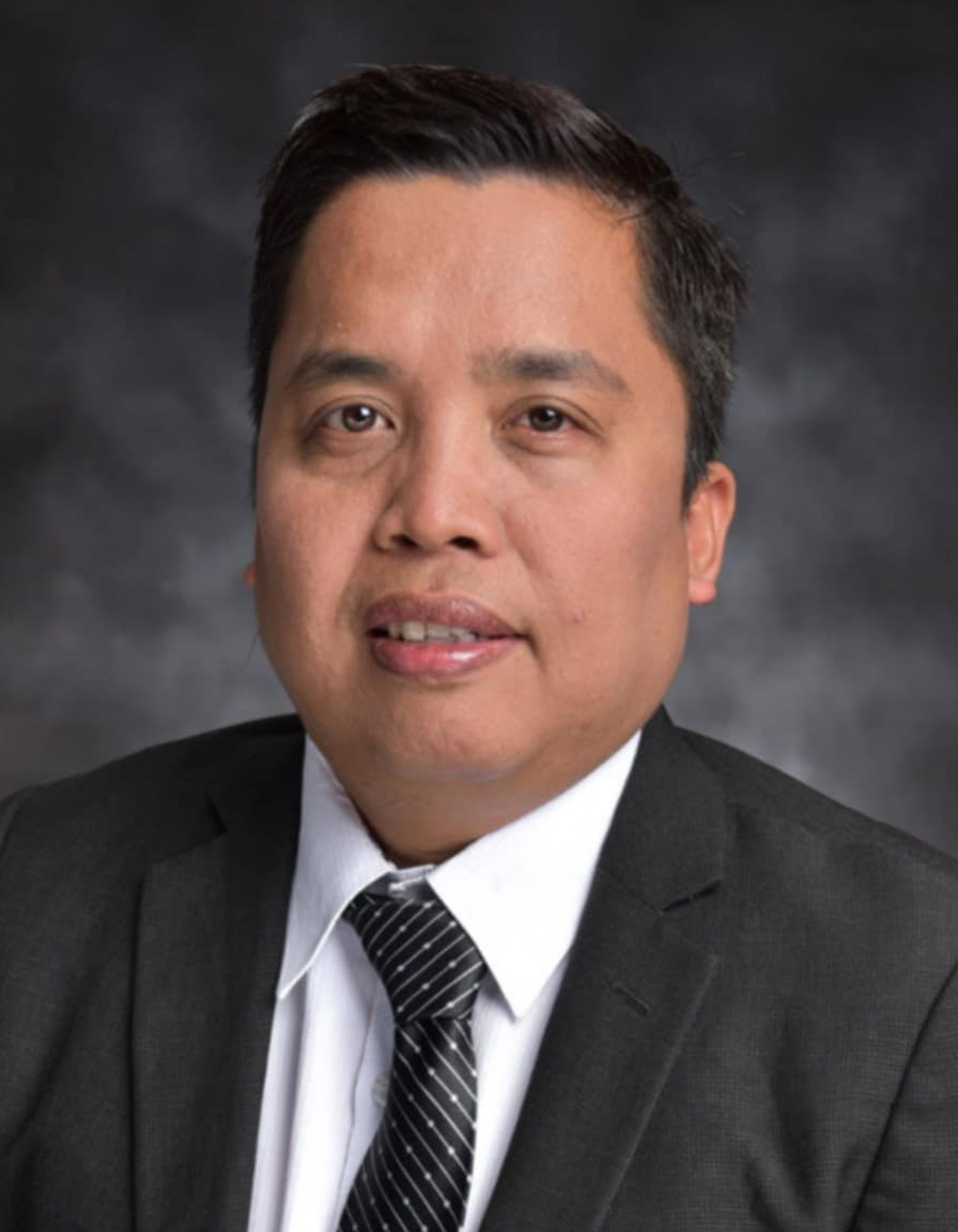
Francis A. Alterado MIT
Training Department Coordinator

Harani Juh
Policy Advocacy Coordinator

